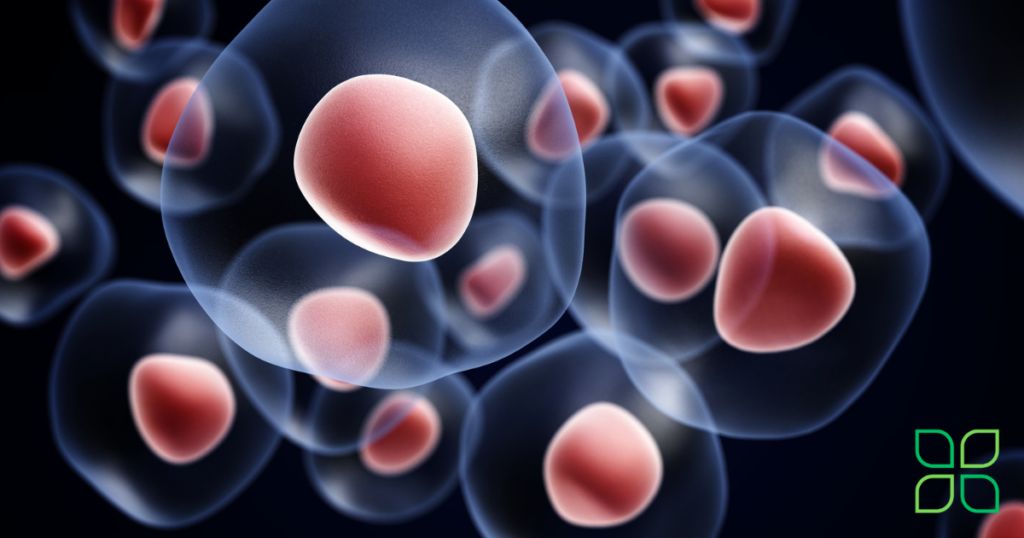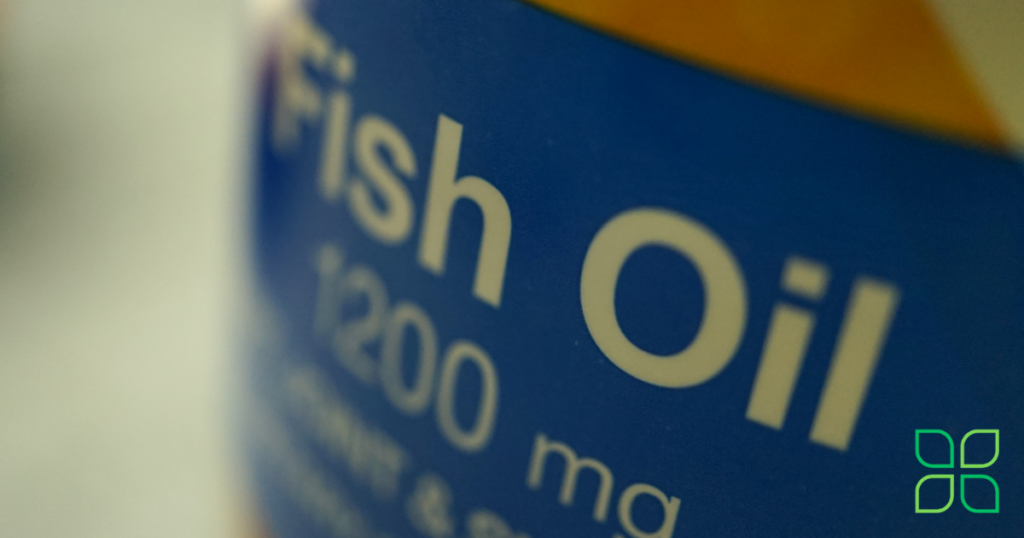Does Fish Oil Interrupt Autophagy? Exploring the Science Behind the Claims
Autophagy, a natural cellular process, has gained attention for its potential benefits in aging, disease prevention, and overall health. With the rising interest in dietary supplements, many are curious about the effects of fish oil on autophagy. Does fish oil interrupt this essential process, or does it complement it? This article delves into the science behind fish oil, autophagy, and their potential interactions. We aim to provide you with a comprehensive understanding of how these factors may influence your health regimen.
Understanding Autophagy: The Cellular Housekeeping Process

Autophagy, derived from the Greek words “auto” (self) and “phagy” (eating), is the body’s way of cleaning out damaged cells, in order to regenerate newer, healthier cells. This process is crucial for cellular health, longevity, and disease prevention. During autophagy, cells break down and recycle cellular components, which helps in removing dysfunctional proteins and organelles. It plays a vital role in protecting against diseases such as cancer, neurodegenerative disorders, and infections.
According to a study published in Nature Reviews Molecular Cell Biology, autophagy is critically involved in maintaining cellular homeostasis and adapting to environmental stressors. However, autophagy can be influenced by various factors, including diet, exercise, and supplementation, which brings us to the question: what impact does fish oil have on this pivotal process?
The Role of Fish Oil in Health and Nutrition
Fish oil, rich in omega-3 fatty acids like eicosapentaenoic acid (EPA) and docosahexaenoic acid (DHA), is a popular supplement known for its anti-inflammatory and cardiovascular benefits. Omega-3 fatty acids are essential fats that the body cannot produce on its own, necessitating their intake through diet or supplements.
Research published in the Journal of Nutrition highlights the positive impact of omega-3 fatty acids on heart health, brain function, and inflammation reduction. With such significant benefits, fish oil has become a staple in many dietary routines. However, as with any supplement, understanding its interaction with other body processes like autophagy is crucial.

Does Fish Oil Interrupt Autophagy?
The potential interaction between fish oil and autophagy is a topic of ongoing research. Some studies suggest that omega-3 fatty acids may influence autophagic processes, but the evidence is not yet conclusive.
The Influence of Omega-3 Fatty Acids on Autophagy
A study published in the Journal of Cellular Physiology indicates that omega-3 fatty acids might modulate autophagy in certain contexts. The researchers found that DHA and EPA can impact autophagic pathways, potentially enhancing or inhibiting the process depending on the cellular environment and the stressors involved.
For instance, in some cases, omega-3s may promote autophagy by reducing inflammation, thereby supporting cellular health and longevity. Conversely, under different conditions, these fatty acids might downregulate autophagic activity, which could be beneficial or detrimental depending on the specific health context.
Case Studies: Fish Oil and Autophagy in Practice
Consider the case of individuals with neurodegenerative diseases. A study in Neurobiology of Aging suggests that omega-3 supplementation could support neuronal health by modulating autophagy. The anti-inflammatory properties of fish oil may help maintain cellular integrity in the brain, potentially slowing disease progression.

On the other hand, in cancer research, the relationship between omega-3s and autophagy is complex. Some evidence suggests that fish oil might inhibit autophagy in cancer cells, possibly reducing their survival. However, more research is needed to fully understand these interactions and their implications for cancer therapy.
Practical Tips: Balancing Fish Oil Supplementation and Autophagy
Given the current understanding of fish oil and autophagy, here are some actionable tips for those looking to incorporate fish oil into their health regimen without disrupting autophagic processes:
- Consult a Healthcare Professional: Before starting any supplement, including fish oil, consult with a healthcare provider to ensure it aligns with your health goals and conditions.
- Focus on Quality: Choose high-quality fish oil supplements that are purified and tested for contaminants like heavy metals.
- Balance Omega-3 Intake: Incorporate a balanced intake of omega-3s through diet by consuming fatty fish such as salmon, mackerel, and sardines, alongside supplements if needed.
- Monitor Dosage: Adhere to recommended dosages to avoid excessive intake that could potentially impact autophagic processes.
- Stay Informed: Keep abreast of the latest research to understand how ongoing studies may affect current knowledge of omega-3s and autophagy.

Conclusion: Navigating the Fish Oil and Autophagy Landscape
While the relationship between fish oil and autophagy is still being explored, existing research suggests that omega-3 fatty acids can influence autophagic processes in various ways. The effect of fish oil on autophagy may depend on individual health conditions, dosage, and the specific cellular context.
Ultimately, individuals interested in maximizing the benefits of autophagy while using fish oil should take a personalized approach. Staying informed about the latest scientific findings and consulting healthcare professionals can help integrate fish oil into a health regimen that supports cellular health and longevity without disrupting crucial autophagic processes.
By understanding the interactions between fish oil and autophagy, you can make informed decisions to optimize your health and wellbeing.
